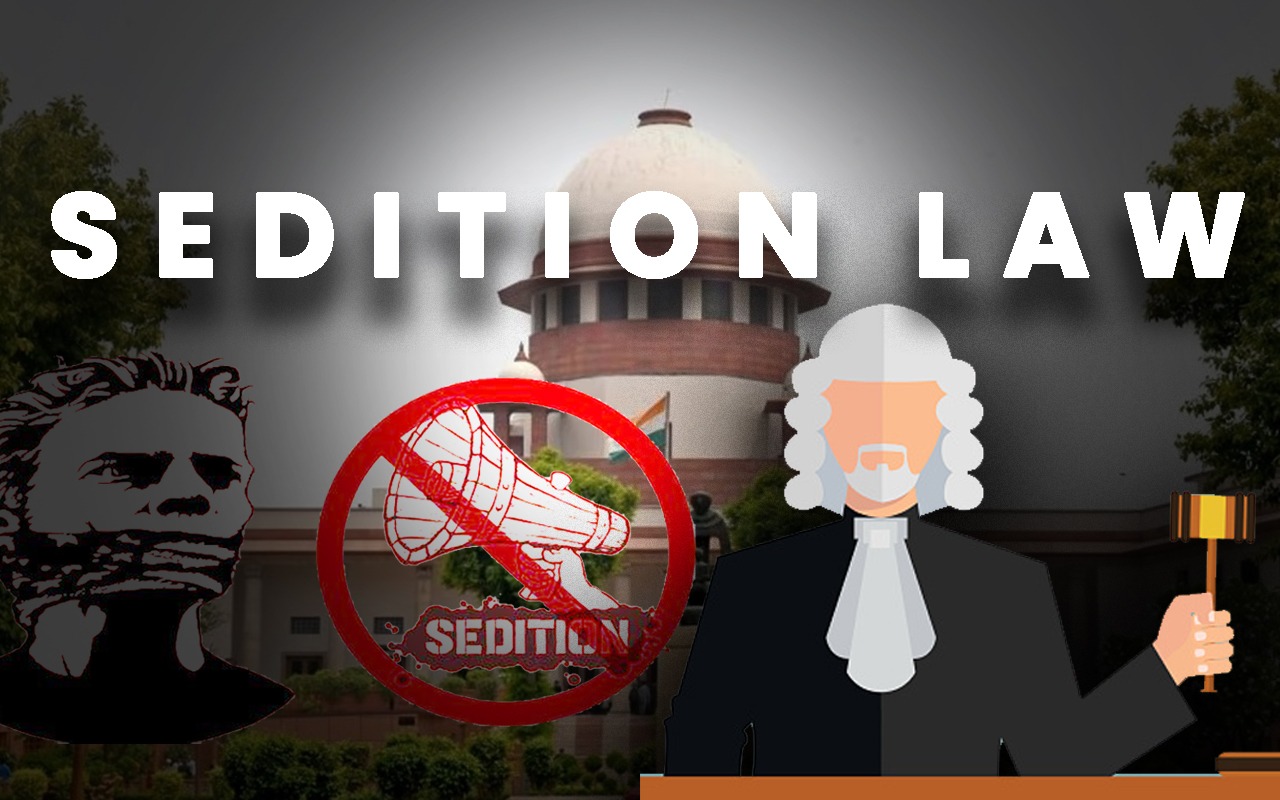


The Supreme Court of India is poised to deliberate on the constitutional validity of the sedition law, as outlined in Section 124A of the Indian Penal Code (IPC), in January next year. This follows a previous court hearing where the government’s reluctance to eliminate the provision was noted, with an inclination towards reformulating it. Despite the government’s plea to await parliamentary decisions on potential changes to the sedition law, the Supreme Court has opted for an independent assessment of the matter.
The sedition law, as defined by Section 124A of the Indian Penal Code (IPC), has been a contentious issue in India for a long time. The law, which criminalizes any speech or expression that intends to incite hatred or contempt against the government, was introduced by the British colonial rulers in 1870 to suppress the freedom struggle of Indians. Since then, the law has been used and abused by various governments to silence dissenting voices and curb civil liberties. Many prominent figures, such as Mahatma Gandhi, Jawaharlal Nehru, Bal Gangadhar Tilak, and Bhagat Singh, have been charged with sedition for their patriotic and revolutionary activities.
The Supreme Court of India, in its landmark judgment in 1962, upheld the constitutionality of the sedition law but limited its scope to only those acts that intend to create disorder or incite violence. The court also clarified that mere criticism of the government or its policies does not amount to sedition unless it is accompanied by a clear and imminent threat to public order. However, the abolition of the sedition law may not be a feasible option for India, as it faces various challenges and threats to its national security and integrity from separatism and Naxalism. These are movements that seek to secede from India or overthrow the Indian state by violent means. The sedition law, therefore, serves as a deterrent and a tool to protect the sovereignty and unity of India. The law also helps to maintain public order and peace, which are essential for the development and progress of the country.
Therefore, the sedition law in India is a necessary evil, which cannot be done away with completely, but needs to be reformed and regulated. Amendments should be introduced to establish a clearer and more specific definition of sedition, incorporating the safeguards and guidelines outlined by the Supreme Court. Application of the legislation should be exercised judiciously and sparingly, limited to cases where there exists explicit and conclusive evidence of incitement to violence or disruption of public order. The revised statute should include procedural safeguards, such as judicial oversight, provisions for bail, and the facilitation of speedy trials, aimed at preventing any potential misuse or abuse. Additionally, the legislation should undergo periodic review and scrutiny by both Parliament and the judiciary to ensure its ongoing relevance and compatibility with evolving times and circumstances.